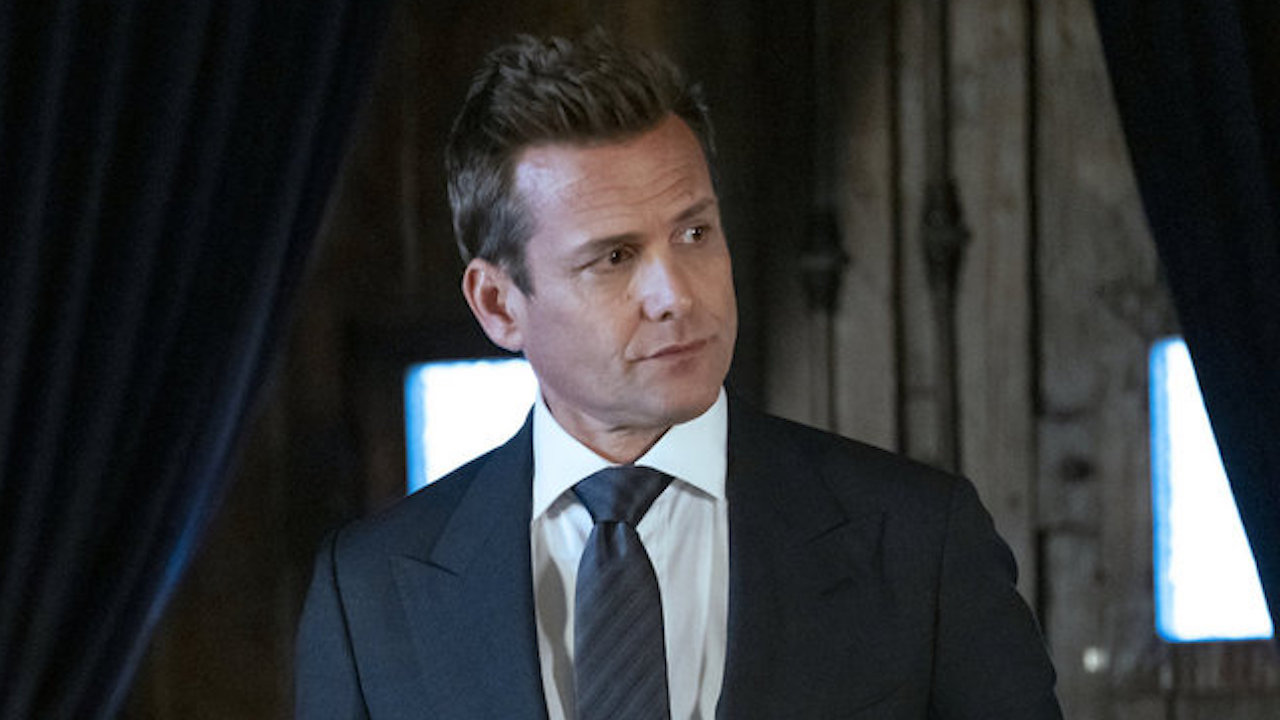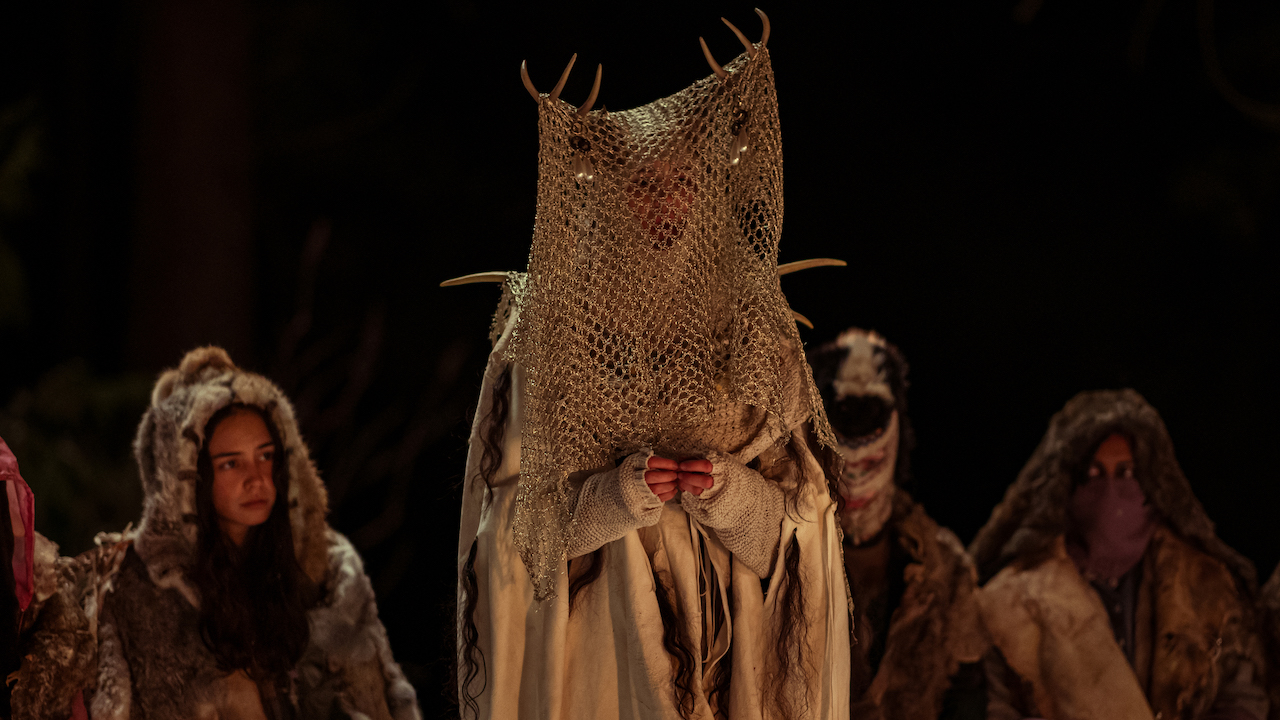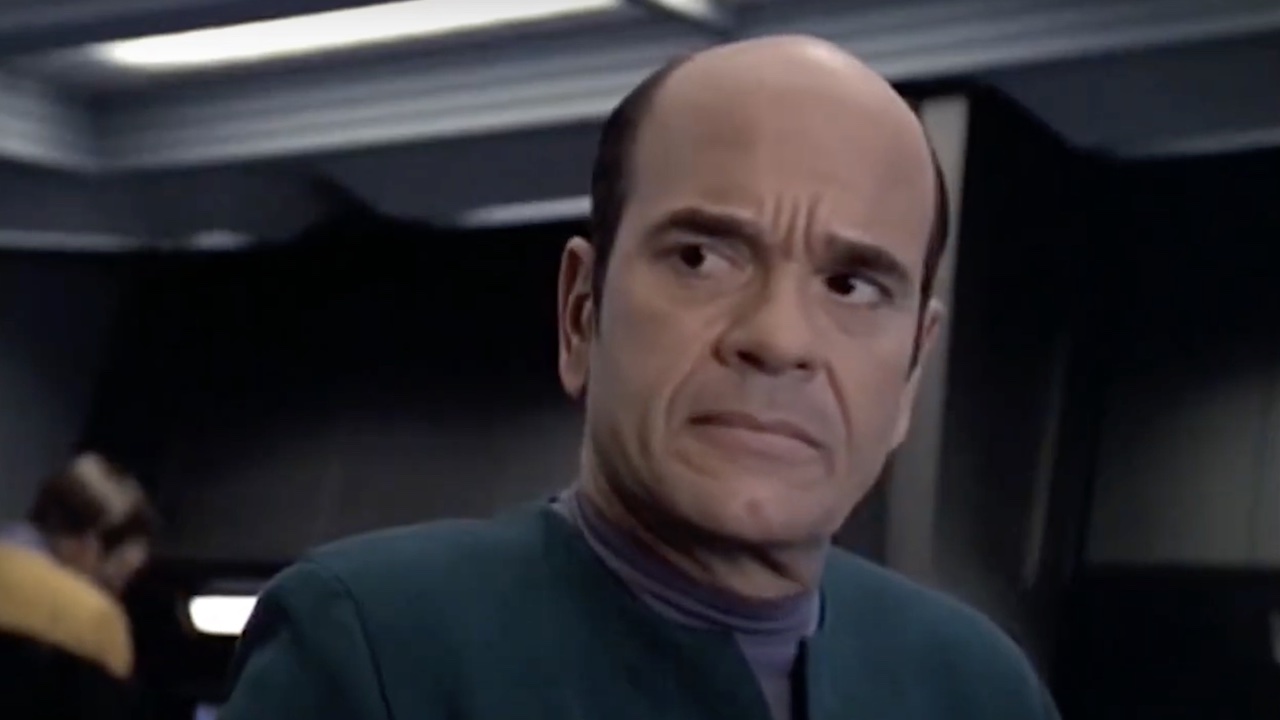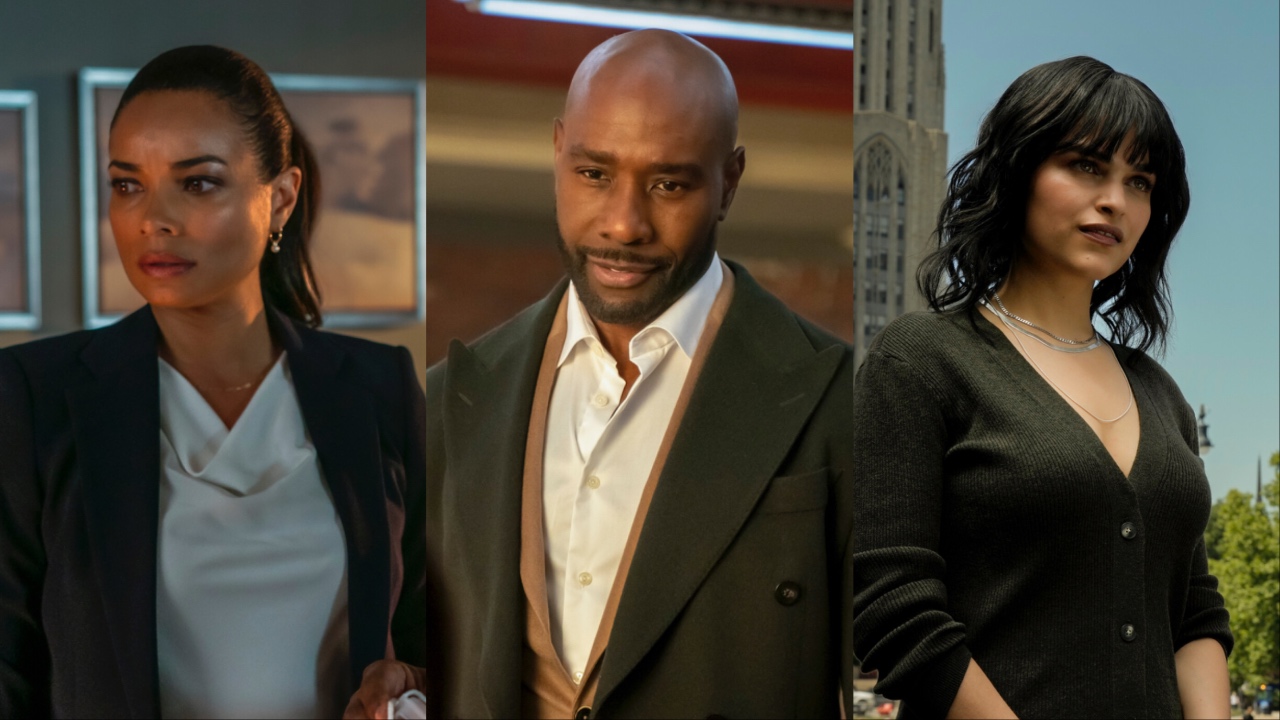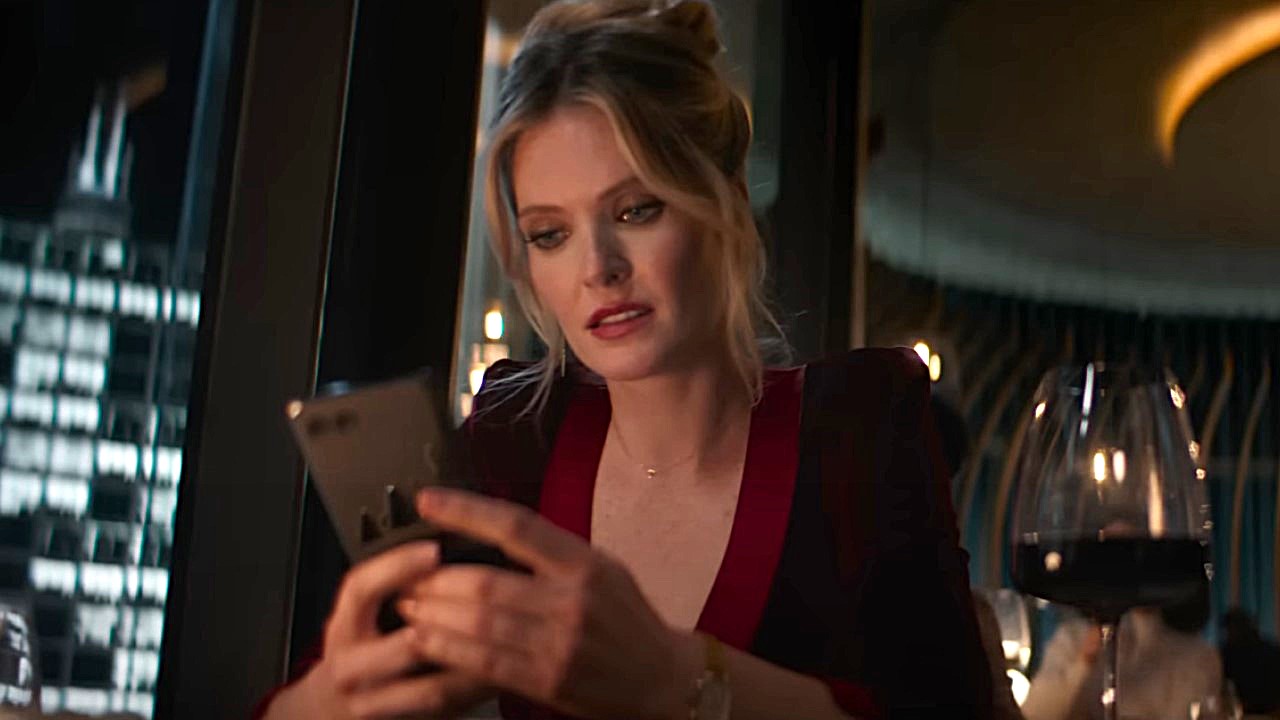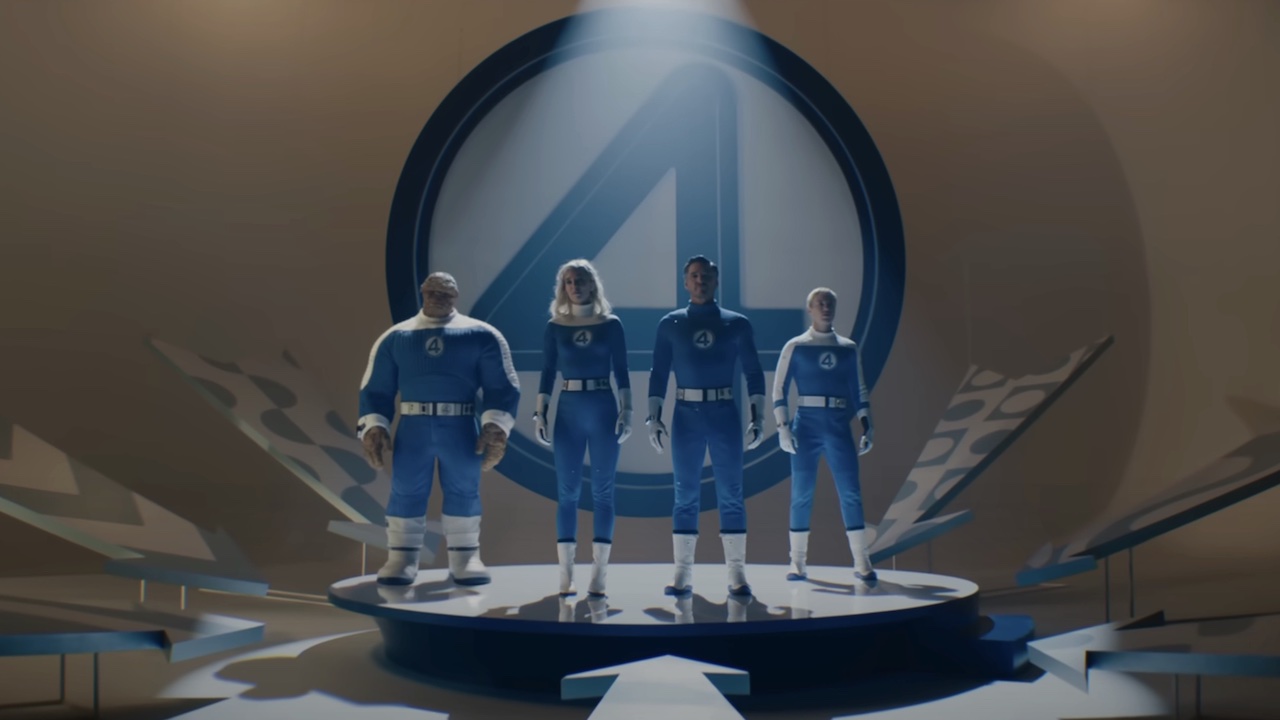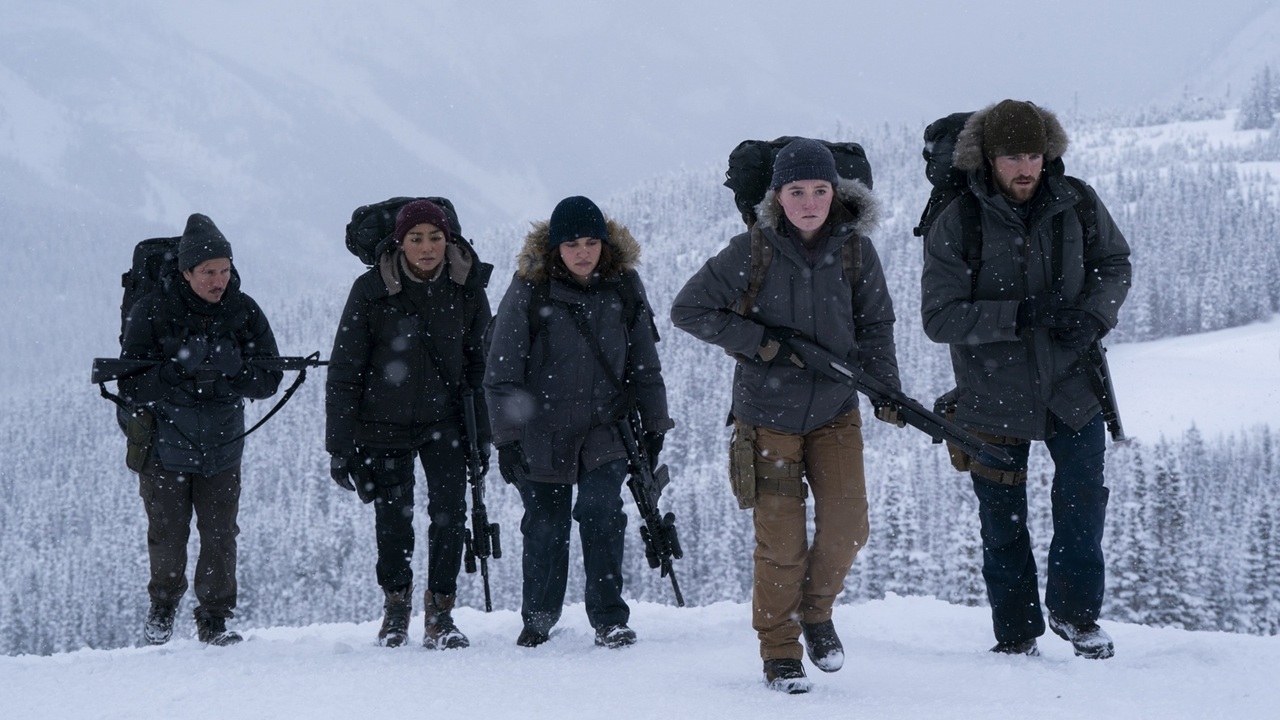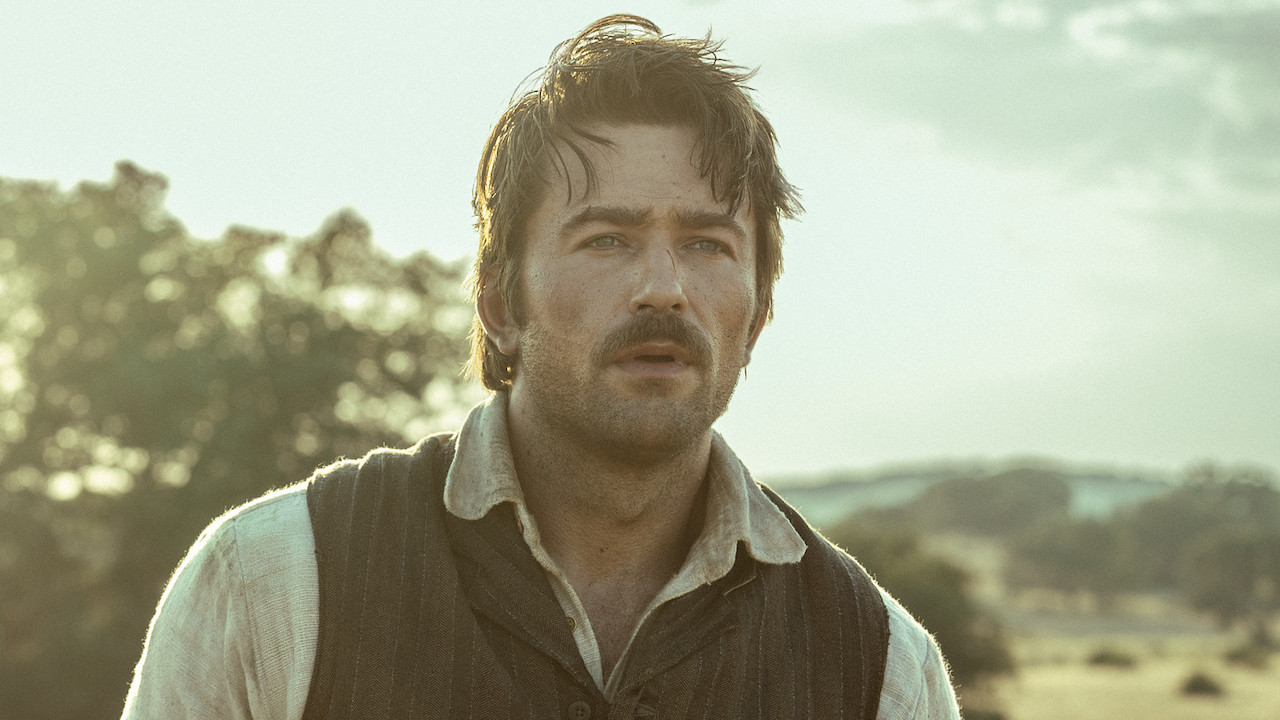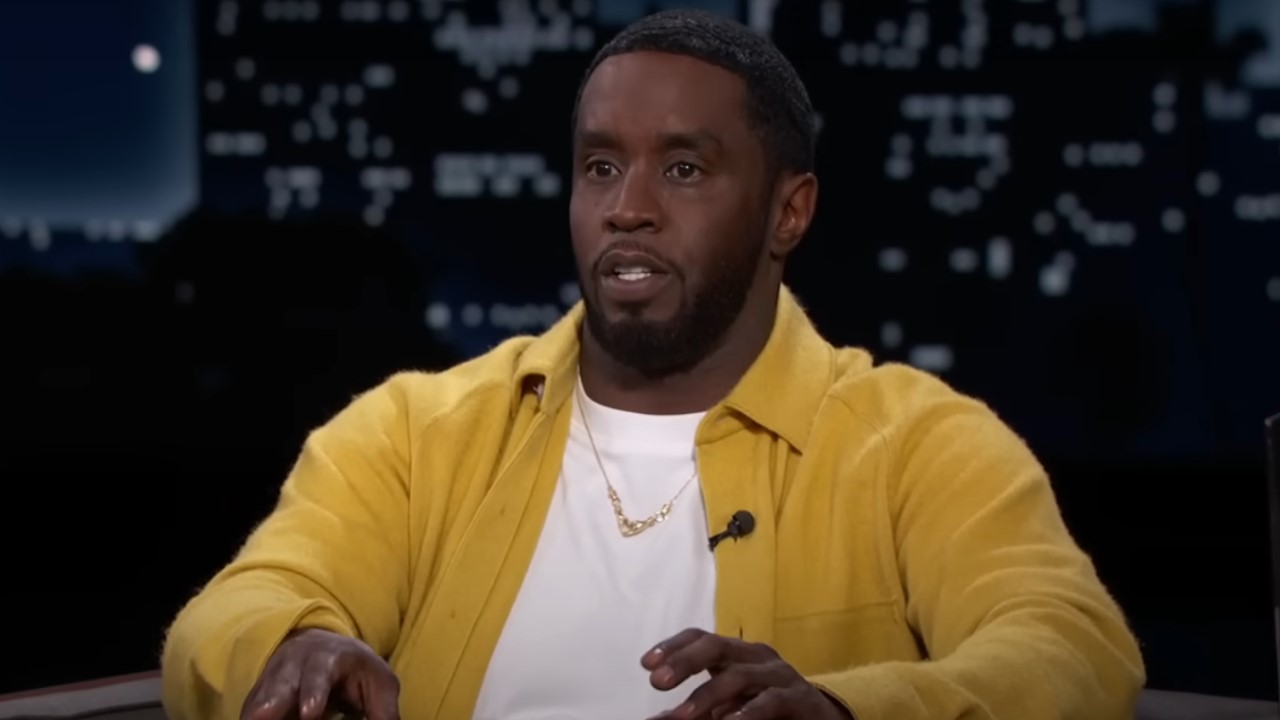5 Reasons The Hunger Games Isn't Battle Royale

Ever since Suzanne Collins’ The Hunger Games hit the mainstream and it was reported that the story would be turned into a movie people have been comparing the story to Battle Royale. It’s not hard to see why people have been making the connection, as both stories involve children being forced to kill each other. But is there more to the comparison between films or does the relationship end there? I recently decided to take a look for myself.
We all know that The Hunger Games is arriving in theaters this Friday, but today also marks the first time that Battle Royale has been released on home video in the United States. Watching the movies and keeping the contrast in mind, I discovered that there are five very key differences between the two stories that will hopefully convince fans of the Japanese cult classic that the book by Collins and the film from writer/director Gary Ross is, in fact, not a rip off, but simply a different usage of a similar idea.
NOTE: While I’ve kept Hunger Games spoilers out of this article, there are a few for Battle Royale. I did this partially because if you’re saying that Hunger Games is like Battle Royale without having seen Battle Royale, then you’re a dick.
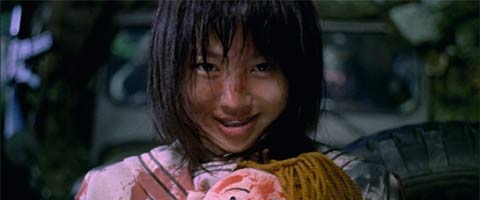
Battle Royale Isn’t Really A Science-Fiction Film
Genre is more of a categorization than a story element, but when comparing Battle Royale and The Hunger Games it is an important thing to point out. While the Kinji Fukasaku-directed film is set in the near future (“the dawn of the millennium”) and there are societal rules that we don’t follow, that’s the only influence that science-fiction has over the movie. Every piece of technology and weapon is not only found in the present, but was around when the film came out in 2000. Also, because we don’t get a larger sense of the world the title exists in, the audience is under the impression that the life as we know it is otherwise exactly the same.
Such is most definitely not the case in Hunger Games. In Ross’ film everything has changed, with global war completely reshaping the socio-political landscape, particularly in America, which has been renamed Panem. Technologies have changed drastically in the ways of genetics, biology, medicine and transportation, and, as seen in The Hunger Games themselves, the rules of culture and government have been transformed to the point of being unrecognizable in our current world. Battle Royale makes very little distinction between our universe and the one in the story, but The Hunger Games may as well exist on a totally different planet.

Battle Royale Is A Much Smaller Story Than The Hunger Games
CINEMABLEND NEWSLETTER
Your Daily Blend of Entertainment News
It’s not just that the world of The Hunger Games is more defined than Battle Royale, but also the fact that there’s a much bigger story at play in the former. While a sequel was made, the Japanese adaptation of Koushun Takami’s novel is actually fairly self-contained. Judging by the fact that the students have no idea what situation they have fallen into, the Battle Royale Act must be fairly new and though we do get some brief examples as to why the law was enacted it’s mostly explained through a title scrawl at the start of the film. While watching the 114 minute movie we learn of the origin of the program, watch an entire class fight to the death, and see a revolution against the system.
The Hunger Games, however, is not only the first part of a trilogy, but also clearly identifies itself as part of a much larger narrative. By the time we first meet Katniss Everdeen there have been many Hunger Games held and there is already a sense of rebellion in the air as Katniss and her friend, Gale, talk of escape from the oppressive rule of the government. When Katniss enters the arena it’s not just meant to be an allegory like Battle Royale, but rather the start of something much larger: a movement. Which leads me to my next point…
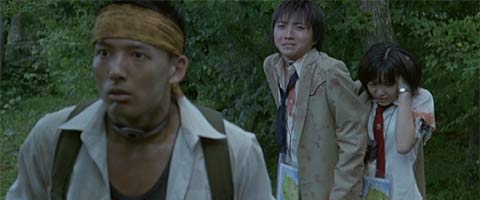
Hunger Games Is About The Fight For Revolution While Battle Royale Is About The Fight For Survival
As previously mentioned, when the students in Battle Royale first learn that they have been dropped on an abandoned island and must fight to the death until only one survives they have no idea what’s going on (with the exception of a few). Once they leave the central base with their supplies and weapons they aren’t thinking about taking down the adults that have put them in their current situation, but rather how they can fight to stay alive as long as possible. By the time that they have left the game, Shuya, Noriko and Kawada aren’t thinking about taking down the government, but rather just getting the hell off the island.
For Katniss, survival is important, but just as important is sending a message. Without giving away too many details – as I have no desire to spoil the film – there are multiple times that the heroine is in the arena and acts in a way that shows the oppressive regime that they don’t control her. And it’s not just her. Even before entering the arena Peeta says, “I just keep wishing I could think of a way to show them that they don't own me.” There’s more at play in Collins’ story than just death and survival.

Shuya Nanahara And Katniss Everdeen Are Very Different Characters In The Context Of The Games
In their normal lives, Shuya and Katniss do have similarities. While Shuya’s mother left his family and his father killed himself, and Katniss also has a dead dad and a mom who has emotionally and mentally checked out. They are both intelligent and popular in their normal lives. When it comes to fighting and killing their peers, however, they diverge greatly. Unlike many of his classmates, who fight either out of fear or pleasure, Shuya is actually a docile character who immediately forms an alliance and, for the most part, tries to keep his head low. The same can’t be said about Katniss in the Hunger Games arena. Rather than operating through fear, Katniss is endlessly determined to win, fueled by her desire to see Gale and her sister, Prim, again and while she does try to keep to the shadows, she is a true force to be reckoned with once she has her bow and arrows.
The other major difference is how they are treated by the narrative. There’s no questioning that Shuya is the main character of Battle Royale, but the story often takes us away from him so that we can see other “episodes” involving his classmates killing each other. In The Hunger Games, Katniss is the element driving the story and everything in the arena is seen through her eyes.
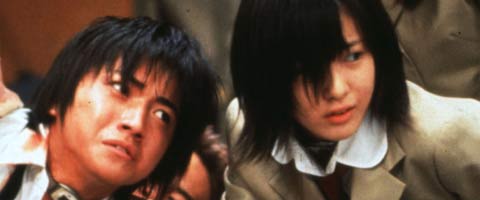
The Media Plays Very Different Roles In Each Film
This may seem like a minor point. The truth is that the media actually plays a fairly insignificant part in Battle Royale, as the only time we see them is at the very beginning when a swarm of reporters is surrounding the winner of the previous battle. If that’s the case, why is it worth mentioning when contrasting the film with The Hunger Games? Because it plays such a significant role in Gary Ross’ movie that it actually changes the way that each story can be perceived in comparison.
The reason I saved the media comparison for last is because just about everything in The Hunger Games is defined by the way the event is broadcast. Because every single person in Panem is forced to watch the games unfold, it makes them one of the most significant occasions in their universe and the size of the story is expanded. The games as a whole are a means by which the government shows power over its populace and through its broadcast in the media inspires rebellion and desire for revolution. Every action that Katniss takes in the arena is at least partially motivated by the fact that there are cameras everywhere watching her. It may mean that there can be more comparisons made between The Hunger Games and The Running Man, but the truth is that it also gives it healthy distance from Battle Royale.

Eric Eisenberg is the Assistant Managing Editor at CinemaBlend. After graduating Boston University and earning a bachelor’s degree in journalism, he took a part-time job as a staff writer for CinemaBlend, and after six months was offered the opportunity to move to Los Angeles and take on a newly created West Coast Editor position. Over a decade later, he's continuing to advance his interests and expertise. In addition to conducting filmmaker interviews and contributing to the news and feature content of the site, Eric also oversees the Movie Reviews section, writes the the weekend box office report (published Sundays), and is the site's resident Stephen King expert. He has two King-related columns.

